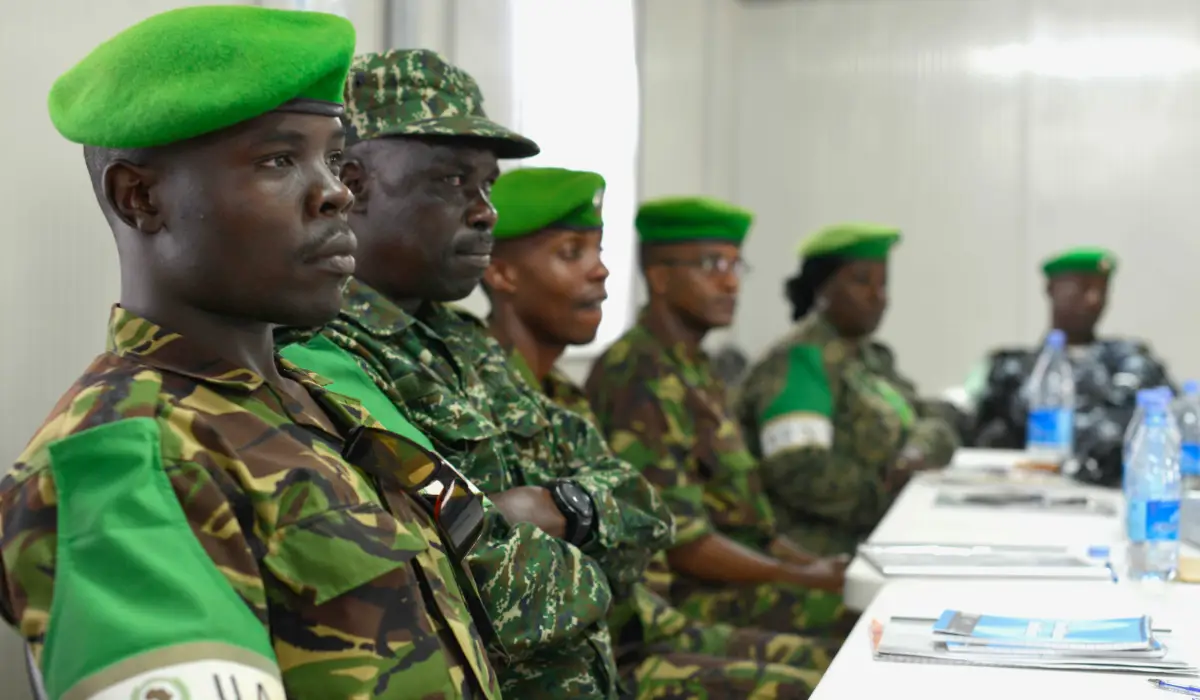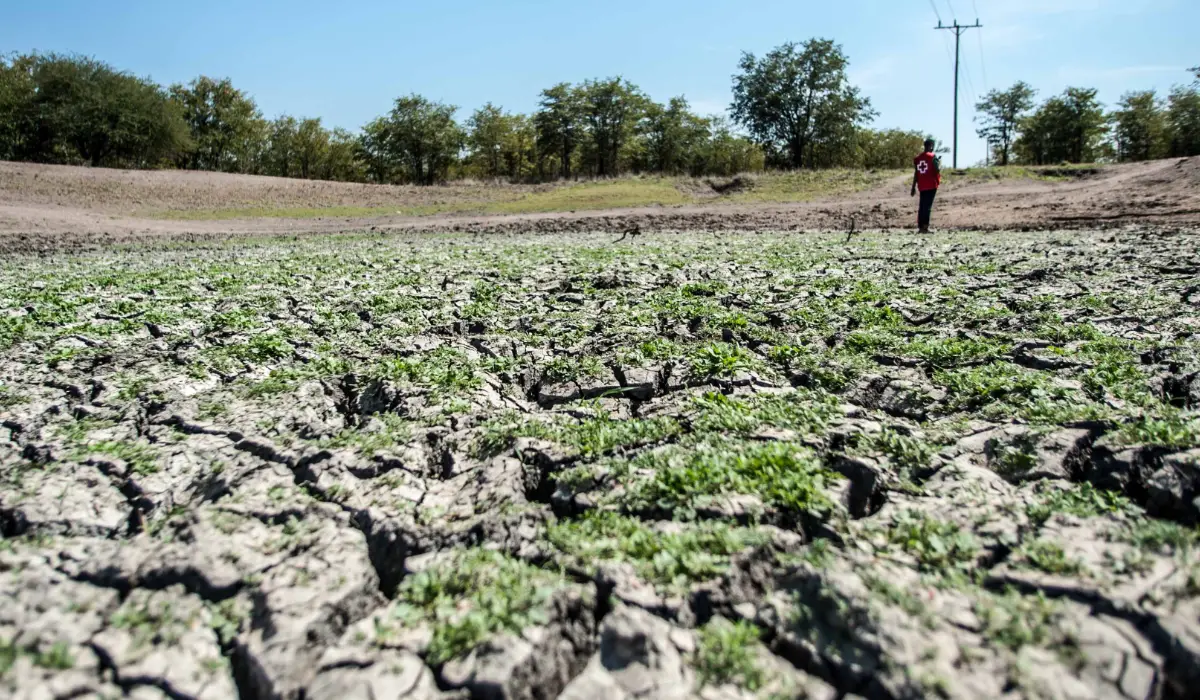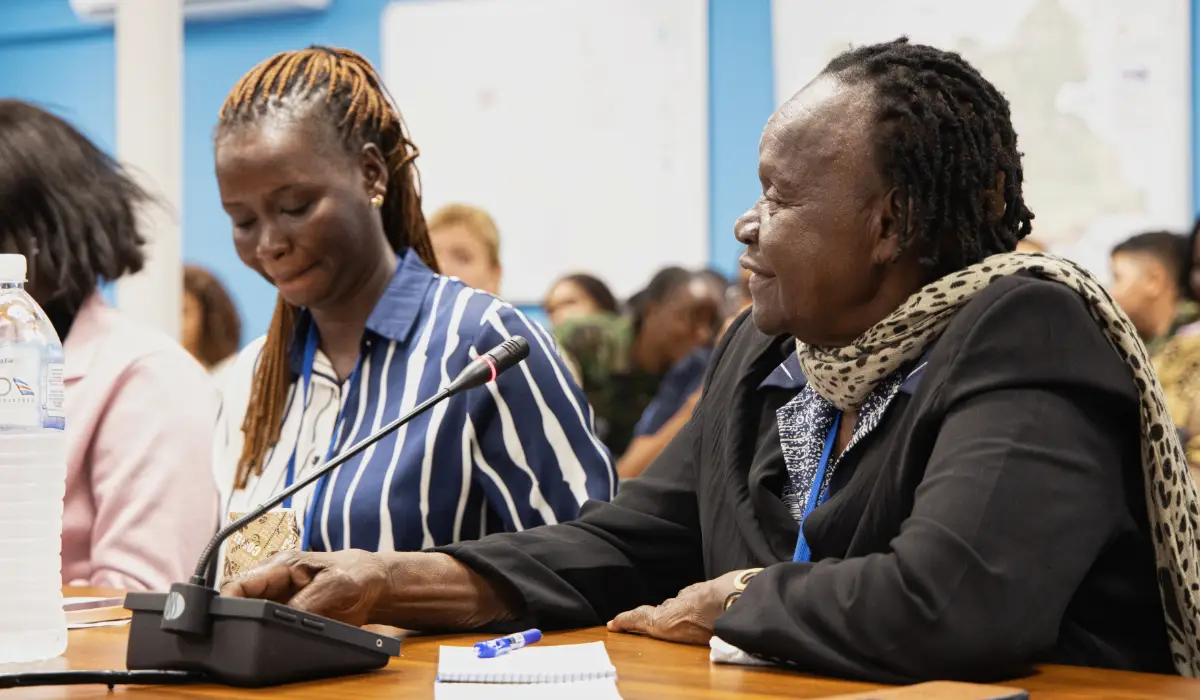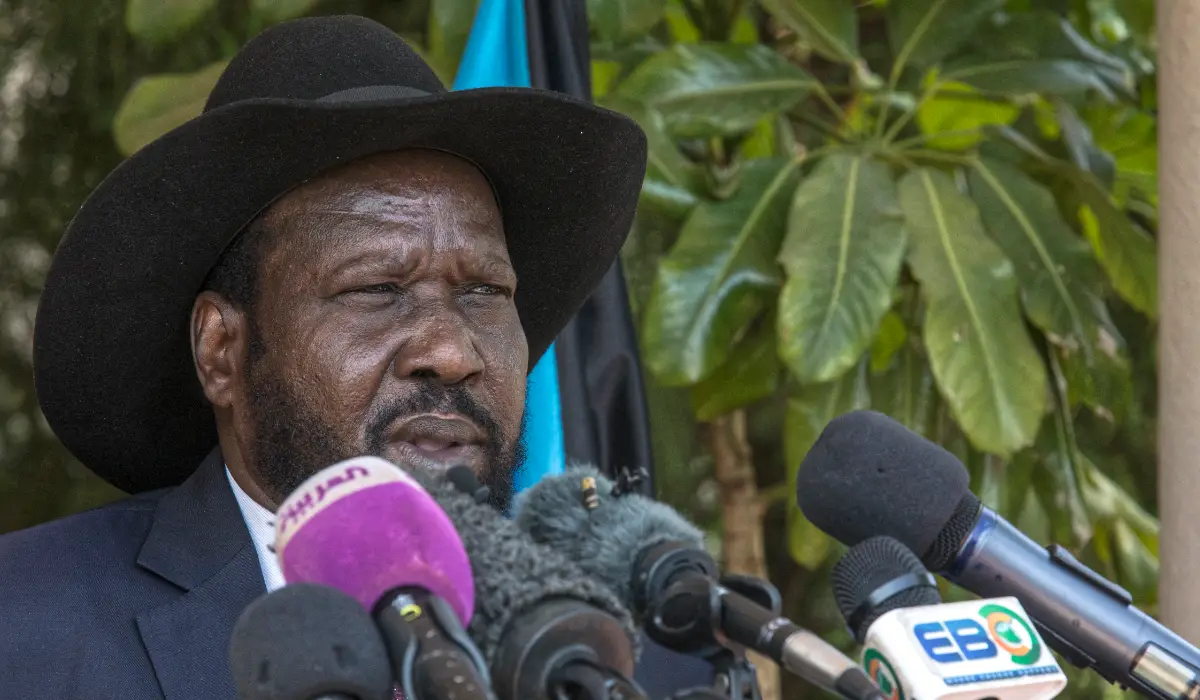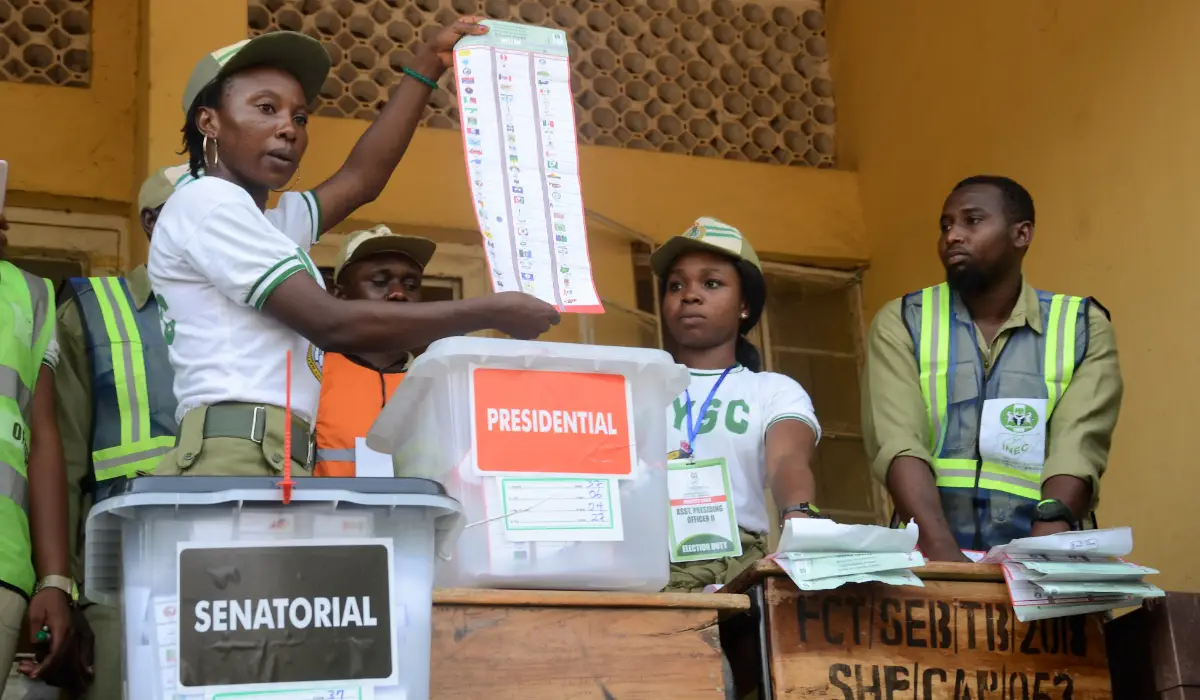The September issue of the Monitor begins with an article on the impacts of climate change on social cohesion and stability in the Southern African region. In it, Cedric de Coning, Siyaxola Gadu, Shaun Kinnes, Giulia Caroli, Ashleigh Basel and Gracsious Maviza navigate the complexities around developing effective strategies to prevent and mitigate the risks caused by climate change to social cohesion. The second article by Camile Vern maps the evolution of FemWise-Africa and showcases the unique experiences and expertise of women in mediation processes on the continent.
The third and fourth articles are on the theme of elections against the backdrop of International Day of Democracy which was commemorated on 15 September 2024. Catherine Vitaliano begins with a commentary of South Sudan’s recent election postponement and what this means for the country’s journey towards democratic transition. We end with an article by Nkanyiso Simelane, who reflects on the key outcomes from the AfEONet Electoral Integrity Africa Summit held on 10-12 September 2024 in Kampala, Uganda, deliberating on the crucial role of citizen election observers in enhancing electoral integrity in Africa.

